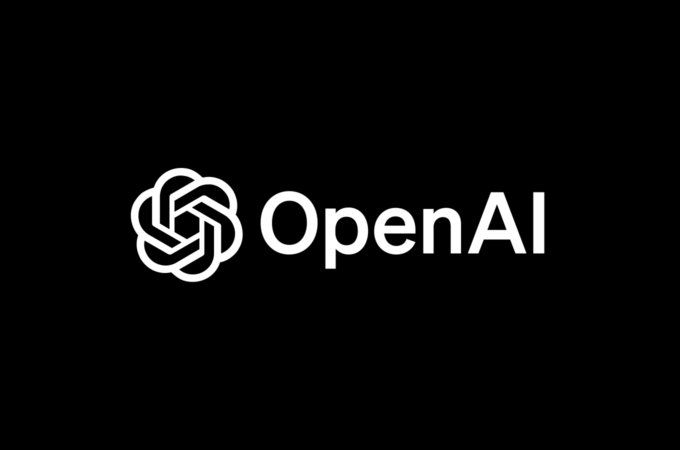
OpenAI’s Leadership Exodus: CTO Mira Murati Departs Amid Company Restructuring
In a surprising turn of events, OpenAI, the artificial intelligence powerhouse behind ChatGPT, is facing a significant brain drain as several key executives, including Chief Technology Officer Mira Murati, announce their departures. This latest wave of exits comes as the company reportedly prepares for a major restructuring and a potential shift to a for-profit model.
Murati, who had been with OpenAI for six and a half years and briefly served as interim CEO during last year’s leadership crisis, announced her resignation on Wednesday. In a statement shared on social media, she expressed a desire to “create the time and space to do my own exploration,” while emphasizing her commitment to ensuring a smooth transition.
The CTO’s departure was swiftly followed by the exits of Bob McGrew, OpenAI’s chief research officer, and Barret Zoph, a vice president of research. CEO Sam Altman confirmed these additional departures in a separate announcement, stating that the decisions were made independently but coincided due to timing.
This leadership shakeup is not isolated. Over the past year, OpenAI has seen a string of high-profile departures, including co-founders John Schulman and Ilya Sutskever, as well as other key research and safety team members. Of the original 13 founders, only three remain with the company.
The exodus comes at a critical juncture for OpenAI. Reports suggest that the company is in talks to raise $6.5 billion at a staggering $150 billion valuation, with potential investors including tech giants Microsoft, Apple, and Nvidia. Simultaneously, OpenAI is reportedly planning to transition from its current nonprofit structure to a for-profit entity, with Altman potentially receiving a 7% equity stake.
Industry observers speculate that these structural changes and the company’s evolving focus may be contributing factors to the recent departures. Some sources close to OpenAI suggest internal concerns about the company’s increasing emphasis on product development and commercialization, potentially at the expense of its original mission focused on safe and beneficial artificial general intelligence (AGI).




